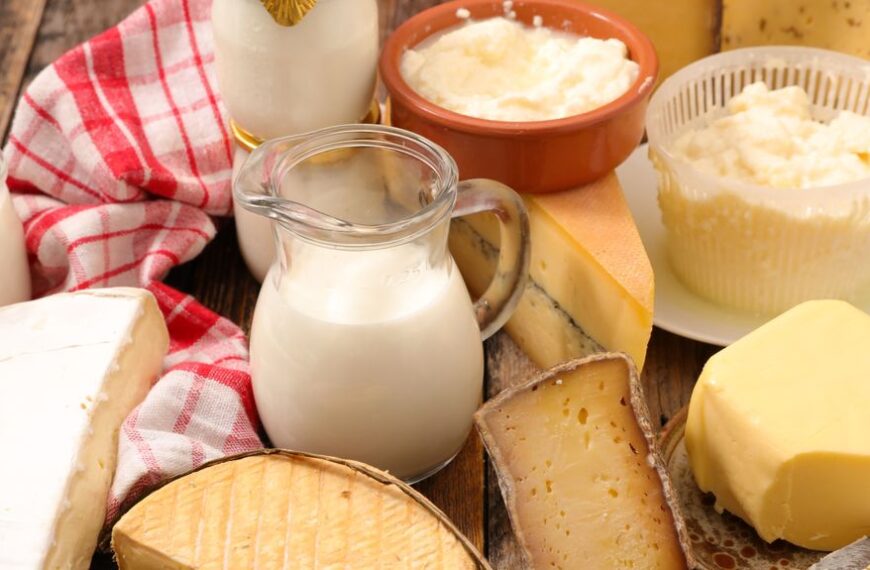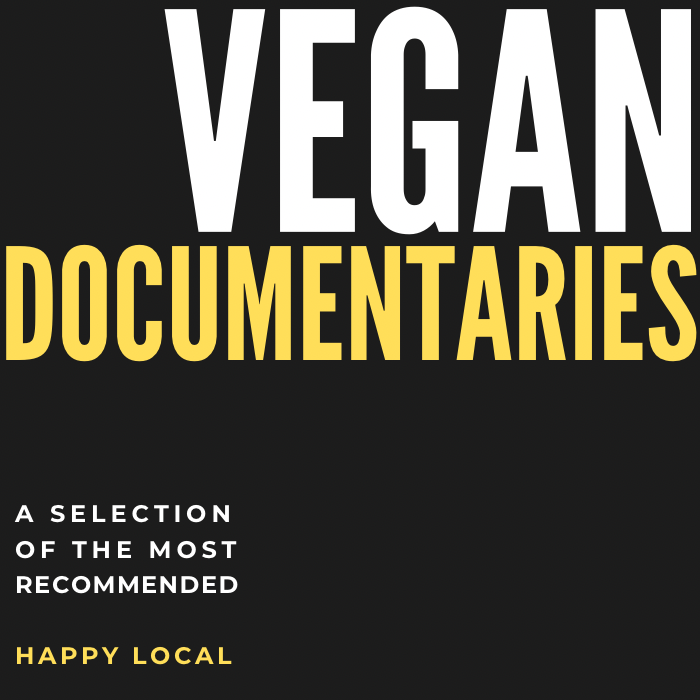What’s different between Bio VS. Organic?
We see more and more the terms Organic and Bio, specially when doing the grocery. But what are really their differences?
Organic in the context of food and agriculture, typically refers to farming practices that avoid the use of synthetic pesticides, chemical fertilisers, and genetically modified organisms (GMOs).
Synthetic pesticides are products that are produced from chemical alteration to kill the pesticides which damages soil health but natural pesticides refer to products that are derived strictly from sources in nature with little to no chemical alteration. There are organic pesticides practices such as planting mint nearby to keep away pests.
Chemical fertilisers are made of synthetic origin that is added to soil to sustain plant growth and despite being unsafe, are widely used by conventional agriculture. However, Organic fertilisers (natural) are derived from compost or byproducts of natural organisms which contain the essential nutrients for plant growth.
Organic farming often emphasizes sustainable practices, soil health, and animal welfare. Organic food products, such as fruits, vegetables, and meats, are produced following these guidelines.
GMO is a scientific experiment which scientist manipulate genetic of food to increase yield or plant’s resistance against lack or exceed of water as well as other conditions such as high and low temperature. But food are result of millions years evolution, therefore such experiments can have short-term and long-term impacts on human health as well which might be even still unknown to us.
Such non-traditional practices lead to reduce of nutritions in food such as fruits which have been proven they became less nutrients than before. It’s enough to test the fruits of old trees with conventional harvests. Below you can read an article about this on National Geographic.

What’s Bio then?
In some European countries, the term “bio” is commonly used instead of “organic” to describe similar farming practices. But this actually comes from the Bio label which is given to the products certified organic.
EU Bio Label – Makes sure the food are organic by giving them a label for consumers to notice on the product packaging for purchase of organic products. The first European Bio regulation came into force in 1992. This label adds more to the food transparency by giving a code to each product to define the source and it’s written below the green Bio label.
The Bio label helps to reduce food fraud and helps consumers to trust their food. It provides healthy and safe food in the EU market for consumers.
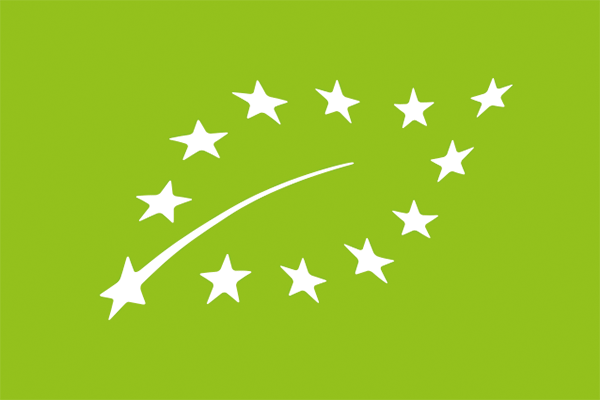
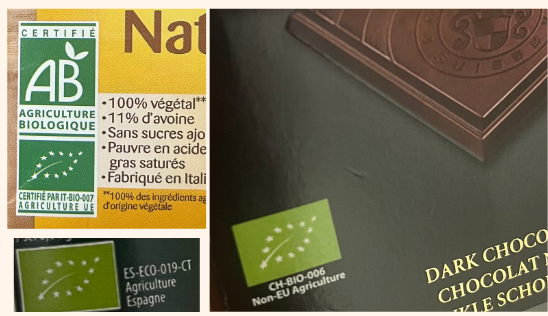
The French AB label, for its part, was created in 1985. Since 2009 it has replaced the French regulation (the green AB logo). This is therefore the regulation applied to all European productions, from Spain to Finland, including Croatia.

AB stands for Agriculture Biologique for french Bio products and Since 1985 the certification logo has been used to inform consumers looking to purchase organic products.
Products in Germany can be labelled with this German Bio Seal label as well if they meet the standard of EU organic farming.
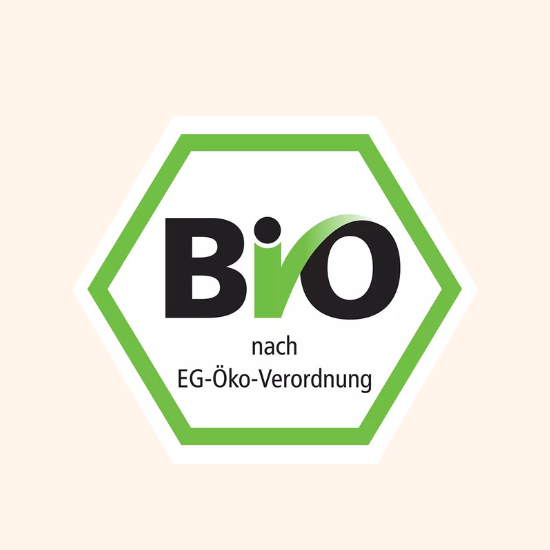
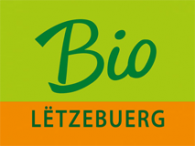
Luxembourg also has a national label called BIO LËTZEBUERG as well.
it establish 3 additional criteria, which in their opinion were not sufficiently regulated in the EU organic regulation. So, when a product has the label it meets these regulations as well:
- A conversion of the entire company is mandatory (transitional regulation in winemaking is possible)
- The use of purchased manure, slurry and solid manure from conventional farming, as well as fermentation residues from conventional biogas plants is excluded. Meat, blood and bone meal, as well as compost from household waste are excluded. In the case of special crops on farms without livestock or on farms with very few livestock, exceptions are possible subject to conditions.
- A year-round exclusive feeding of ruminants with silage is excluded. In the summer, green feed must be offered.




